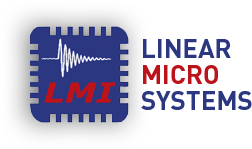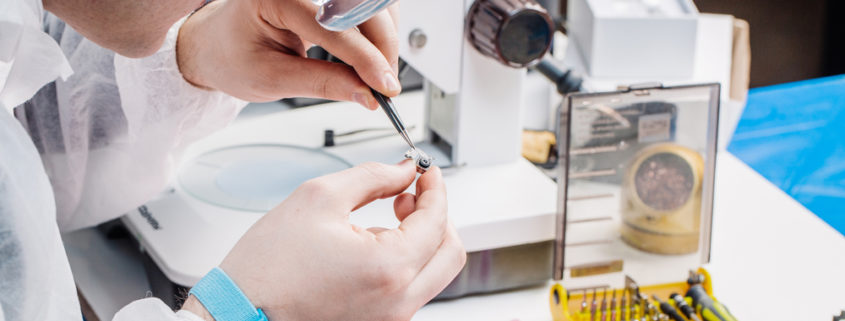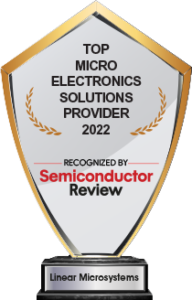Using Microsystem Technology for Medical Devices and Healthcare
Microsystem technology, also known as micro-electro-mechanical systems (MEMS), has been transforming the healthcare industry by allowing the development of smaller, more precise, and more efficient medical devices. Microsystems are miniature devices that combine electrical, mechanical, and biological components on a single chip or substrate. This technology is revolutionizing the field of medical devices by enabling the creation of complex and smart devices that can perform multiple functions.
Advantages of Microsystem Technology in Medical Devices
One of the major advantages of microsystem technology in medical devices is its ability to miniaturize devices. Miniaturization is critical in the medical device industry because it allows for less invasive procedures and quicker recovery times. Microsystems can also improve the accuracy and precision of medical devices, leading to more effective diagnosis and treatment.
For example, microsystems develop lab-on-a-chip devices that can perform multiple medical tests on a single chip. These devices are small enough to fit in the palm of your hand but can analyze blood, urine, and saliva samples for a range of medical conditions. Lab-on-a-chip devices can help diagnose diseases early, which can lead to more effective treatments and better patient outcomes.
Another example of microsystem technology in medical devices is in the development of implantable devices. Implantable devices treat chronic conditions such as heart disease, diabetes, and epilepsy. Microsystem technology can make these devices smaller, more durable, and more energy-efficient, improving patient comfort and reducing the risk of complications.
Applications of Microsystems in Healthcare
Microsystems are being used in a variety of healthcare applications, from monitoring patient health to drug delivery. One of the most exciting applications of microsystems in healthcare is in the development of smart devices.
Smart devices are medical devices that use microsystem technology to collect data about the patient and adjust their function accordingly. For example, smart insulin pumps can monitor a patient’s blood sugar levels and adjust the amount of insulin delivered accordingly. This can help patients with diabetes manage their condition more effectively, reducing the risk of complications.
Smart devices can also monitor patient health remotely, allowing patients to receive care in their own homes. This is especially important for patients with chronic conditions who require frequent monitoring but may have difficulty traveling to a healthcare facility. Remote monitoring can improve patient outcomes and reduce healthcare costs.
Another application of microsystem technology in healthcare is in the development of drug delivery systems. Microsystem technology can develop implantable drug delivery devices that can deliver drugs directly to the site of an injury or disease. This can improve the effectiveness of drug treatments while reducing the risk of side effects.
Conclusion
Microsystem technology is transforming the healthcare industry by enabling the development of smaller, more precise, and more efficient medical devices. Microsystems are being used in a variety of healthcare applications, from monitoring patient health to drug delivery. The advantages of microsystem technology in medical devices include miniaturization, improved accuracy and precision, and the ability to develop smart devices. As microsystem technology continues to evolve, we can expect to see more innovative medical devices that improve patient outcomes and reduce healthcare costs.
Learn more about microsystem technology by checking out our home page!
Linear MicroSystems, Inc. is proud to offer its services worldwide as well as the surrounding areas and cities around our Headquarters in Irvine, CA: Mission Viejo, Laguna Niguel, Huntington Beach, Santa Ana, Fountain Valley, Anaheim, Orange County, Fullerton, and Los Angeles.
Using Microsystem Technology for Medical Devices and Healthcare






